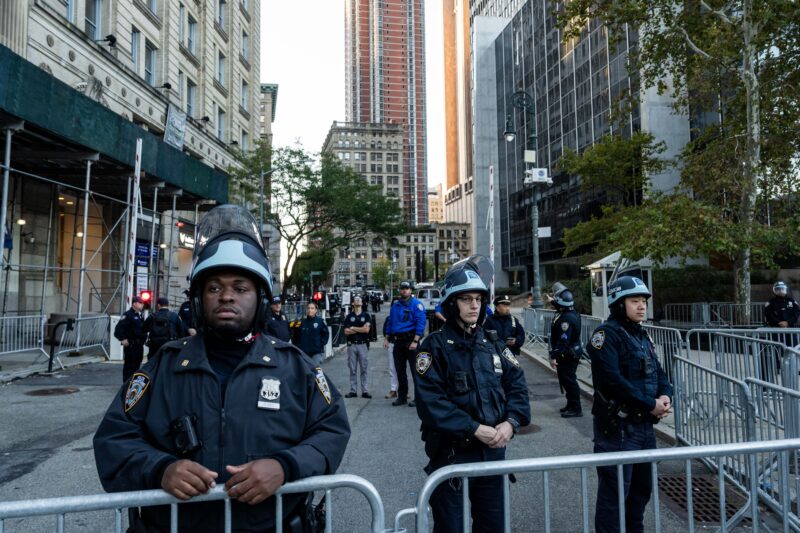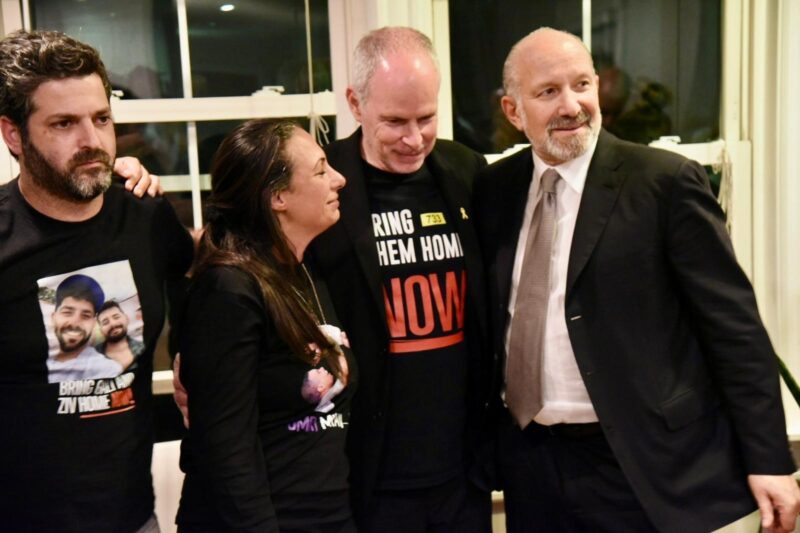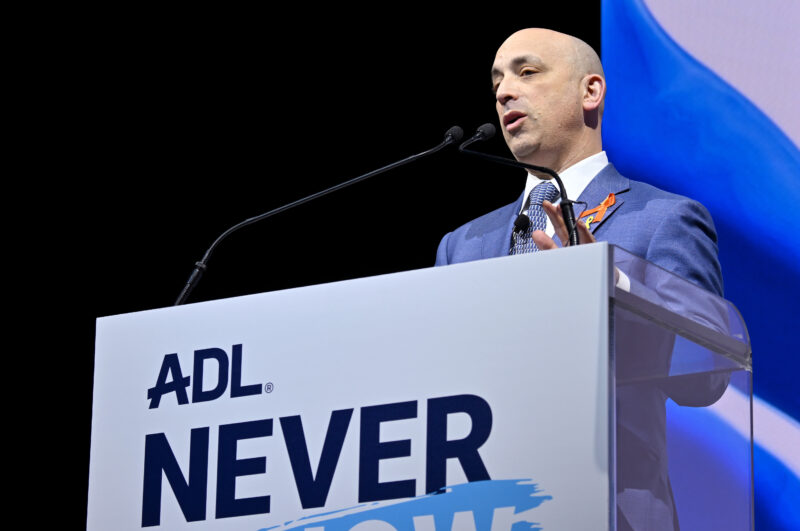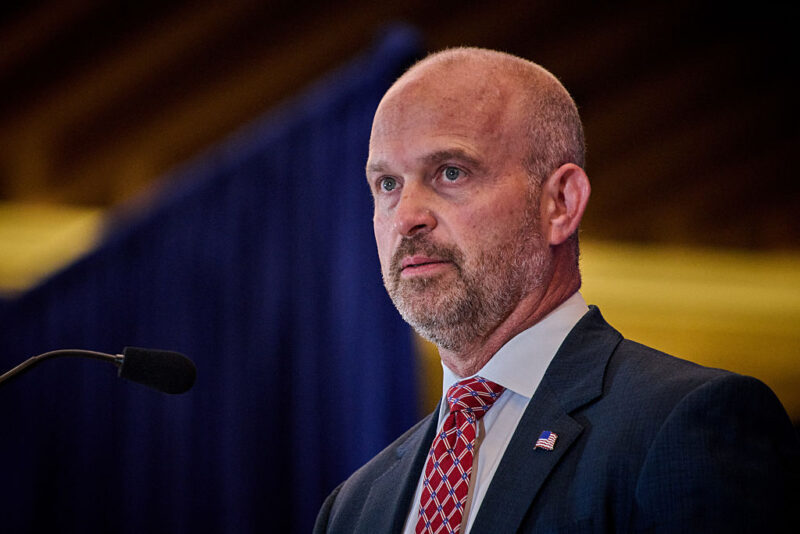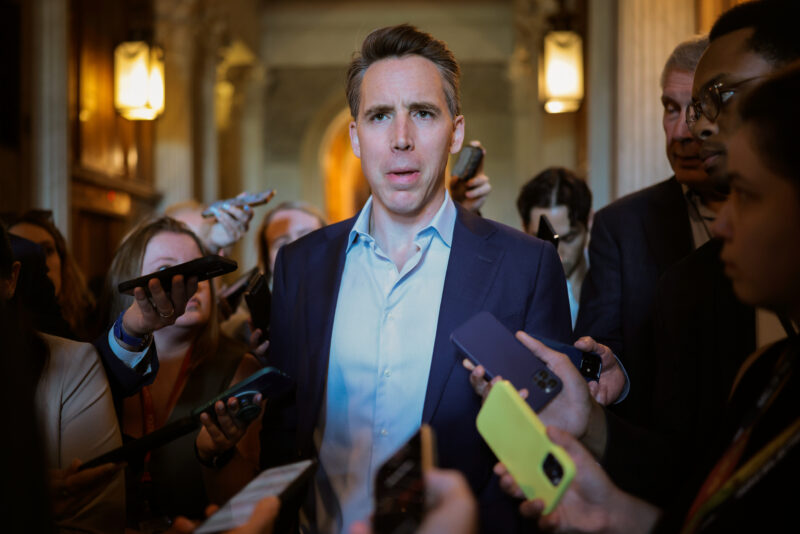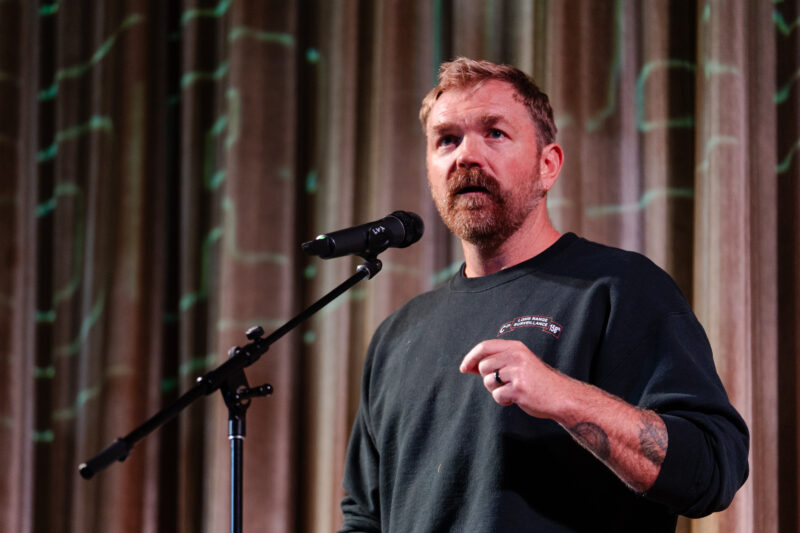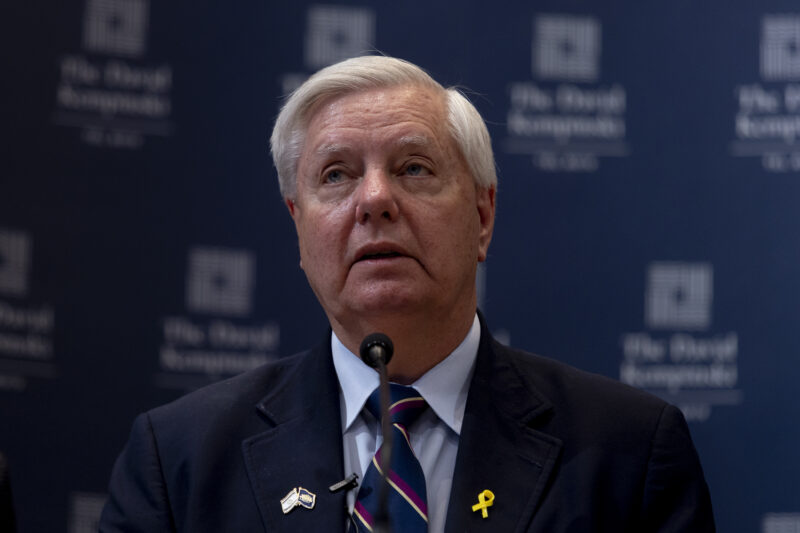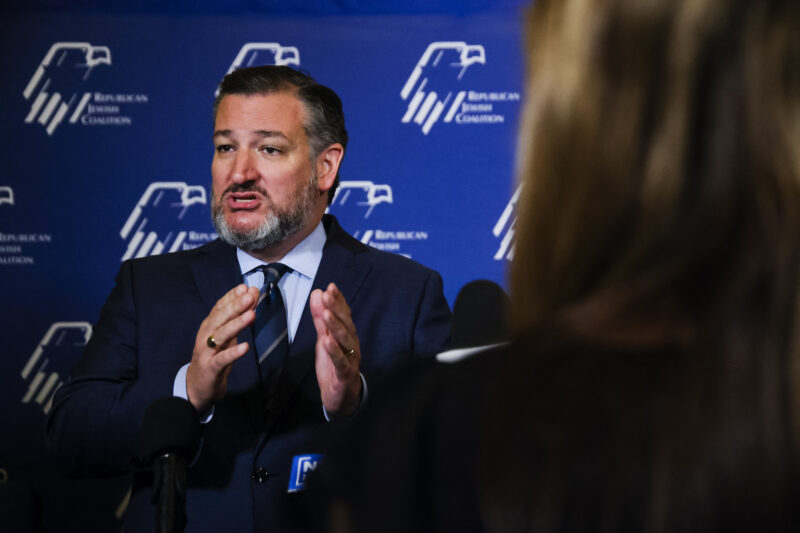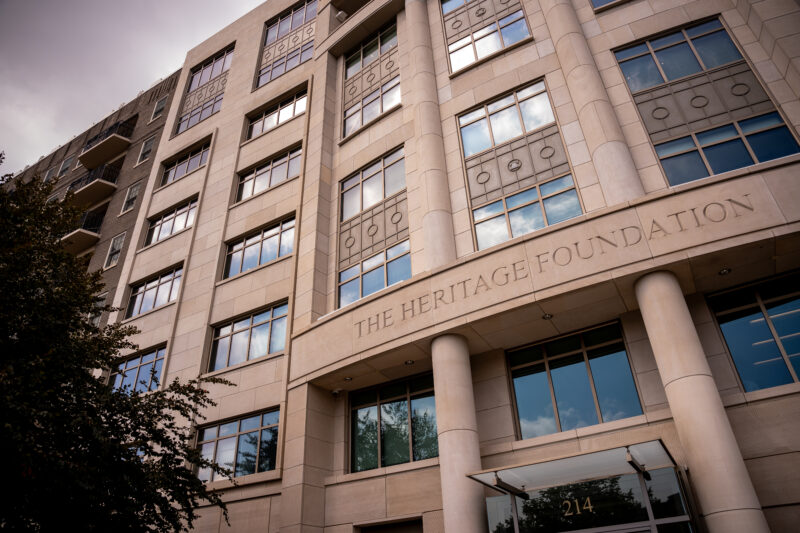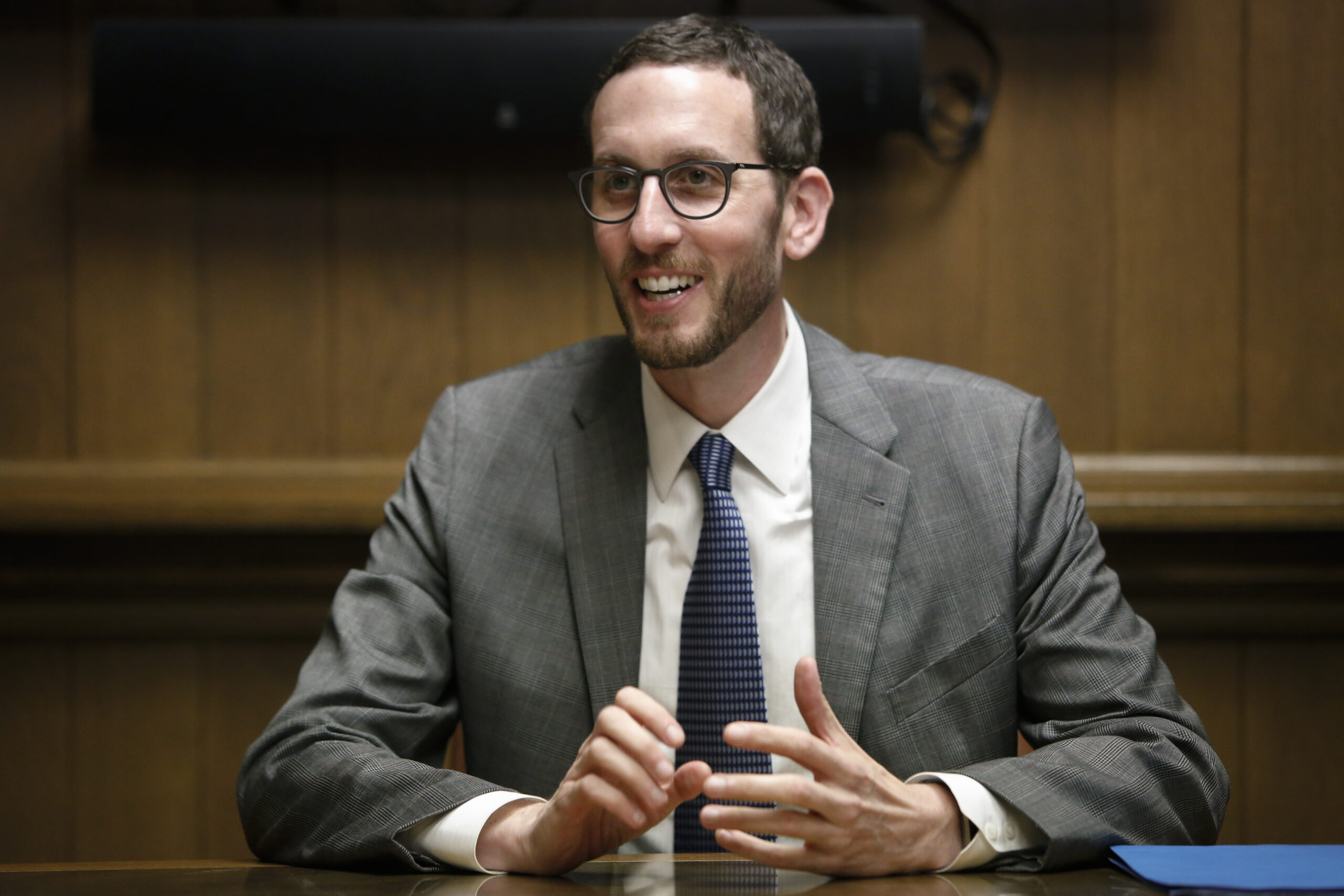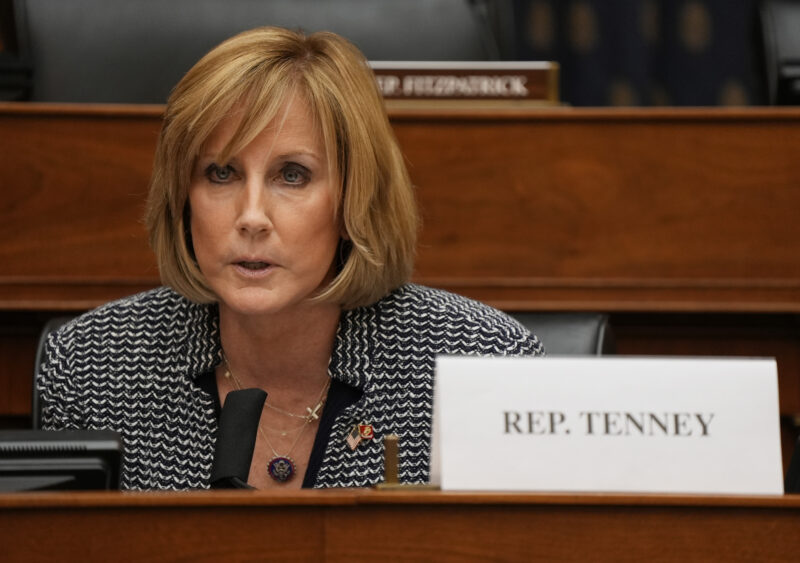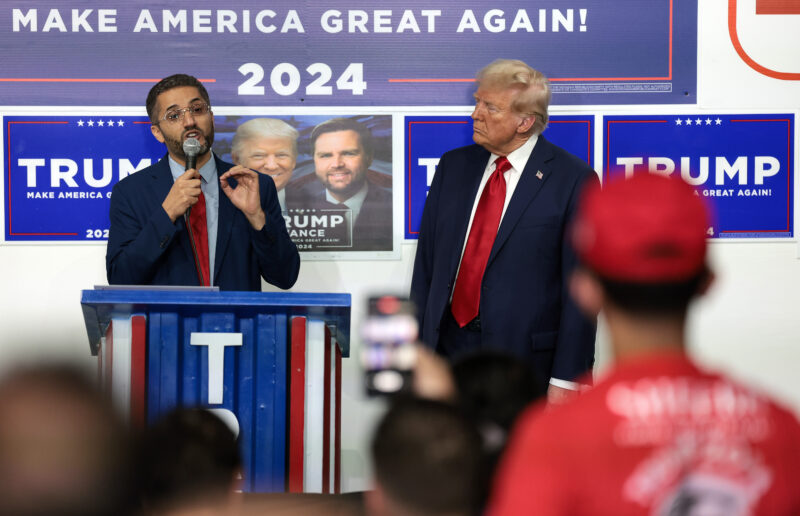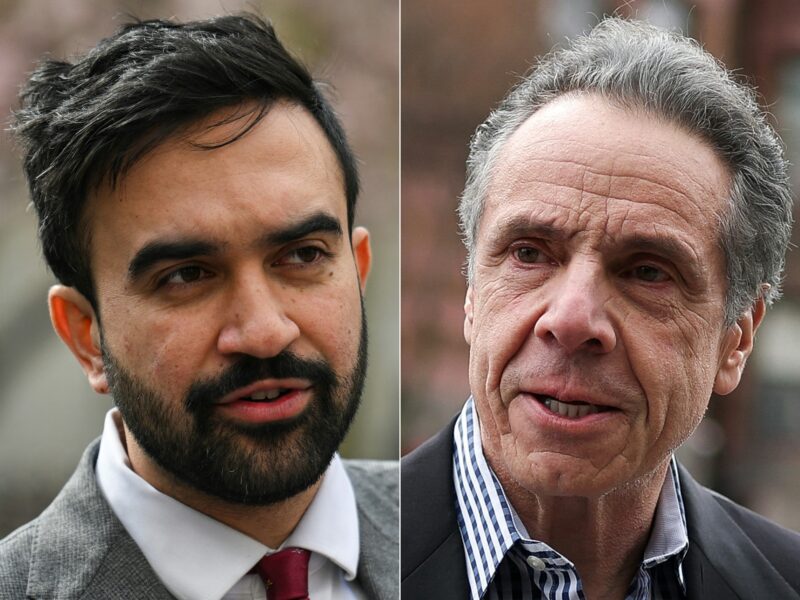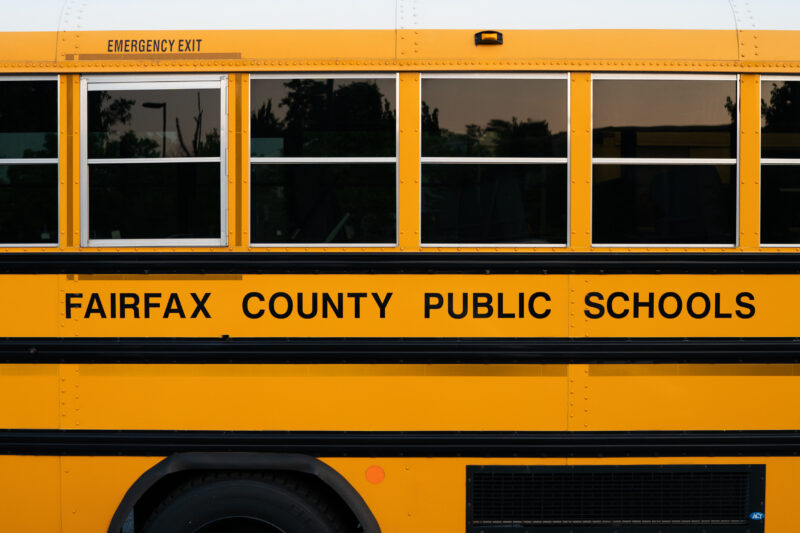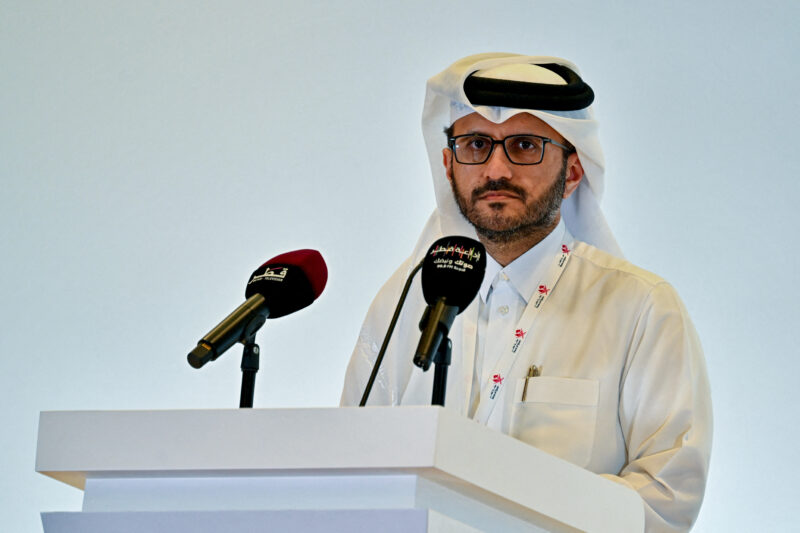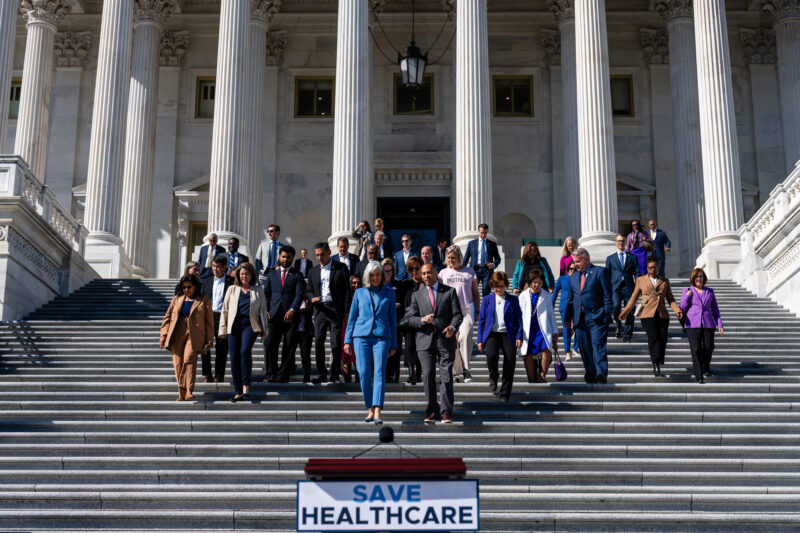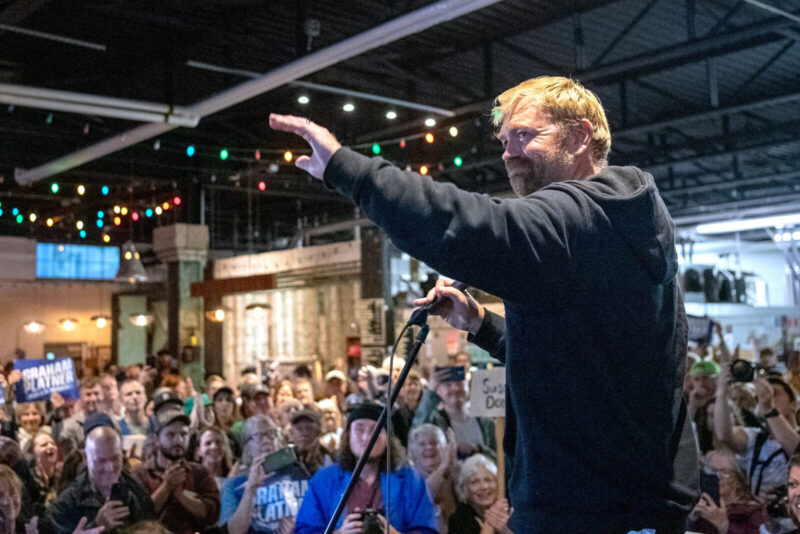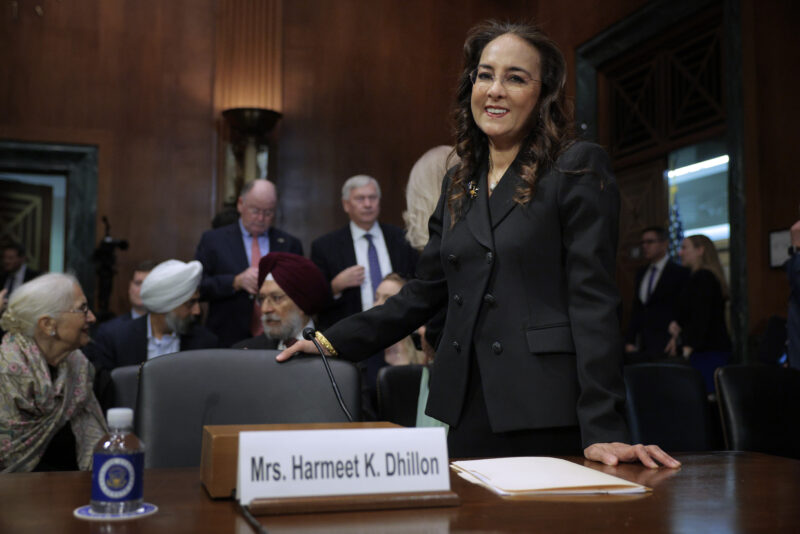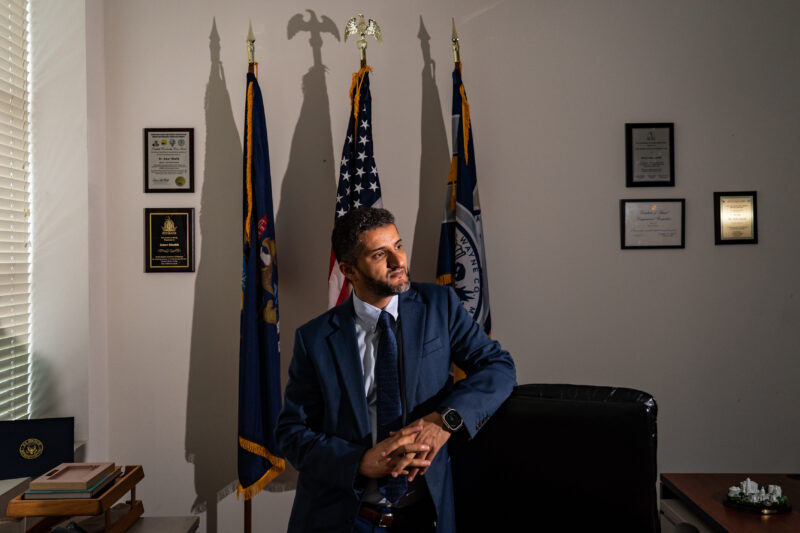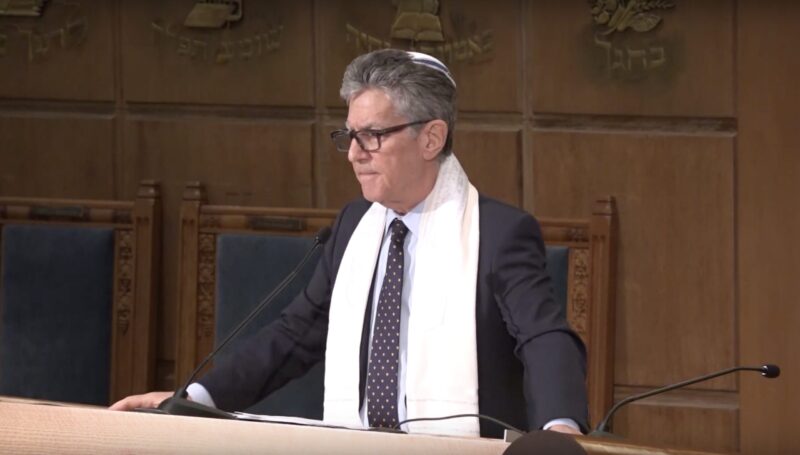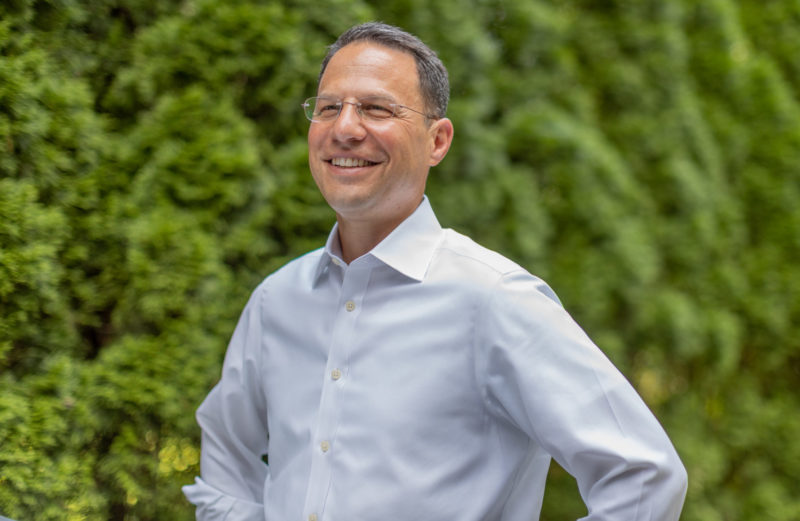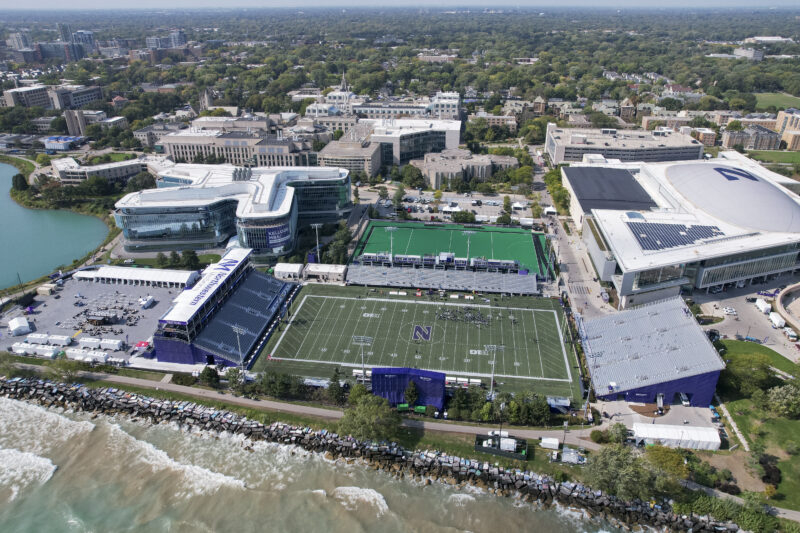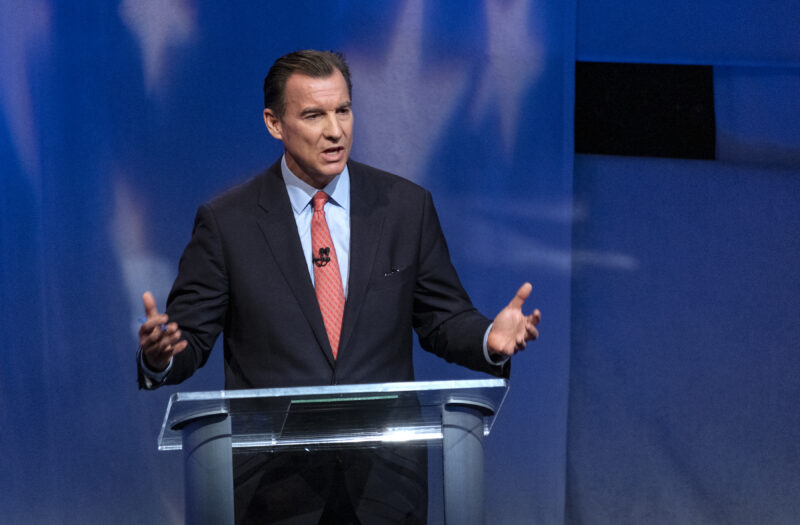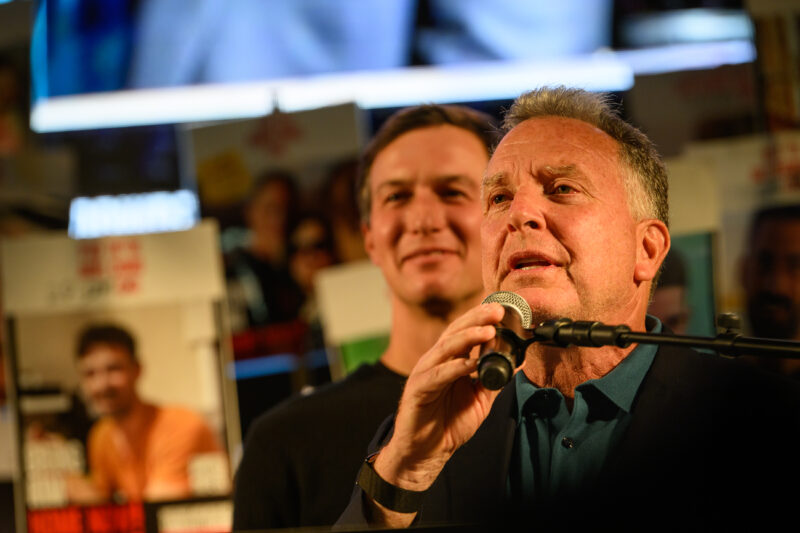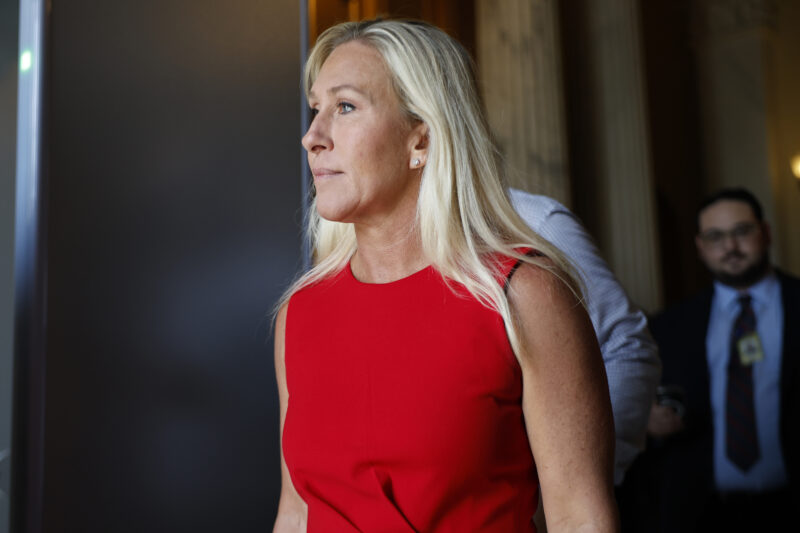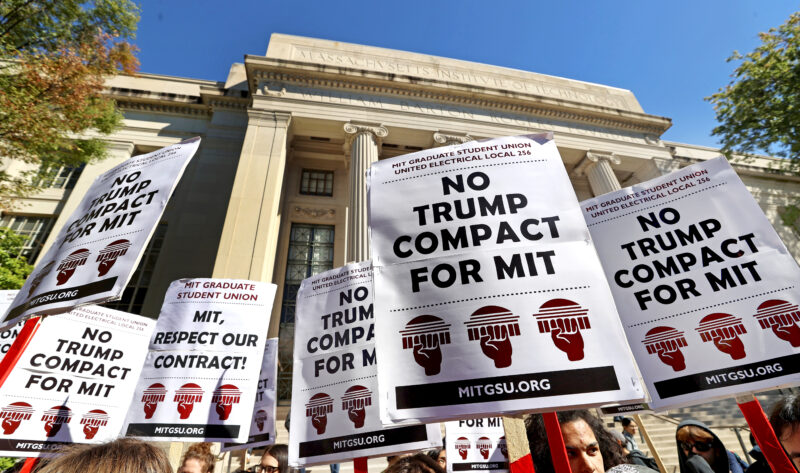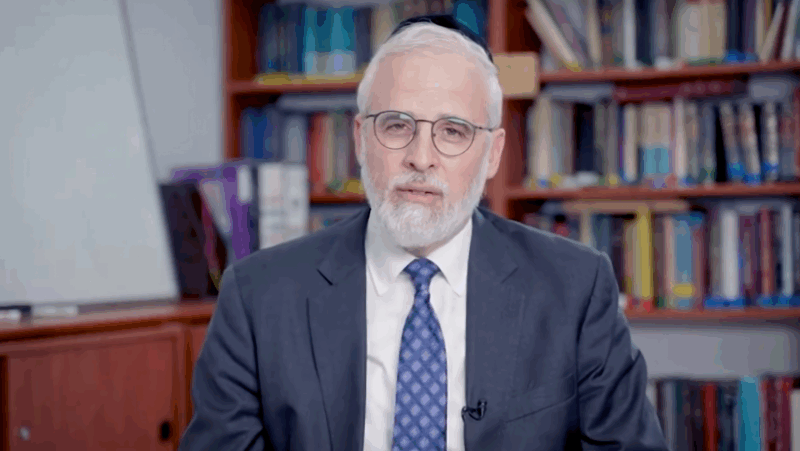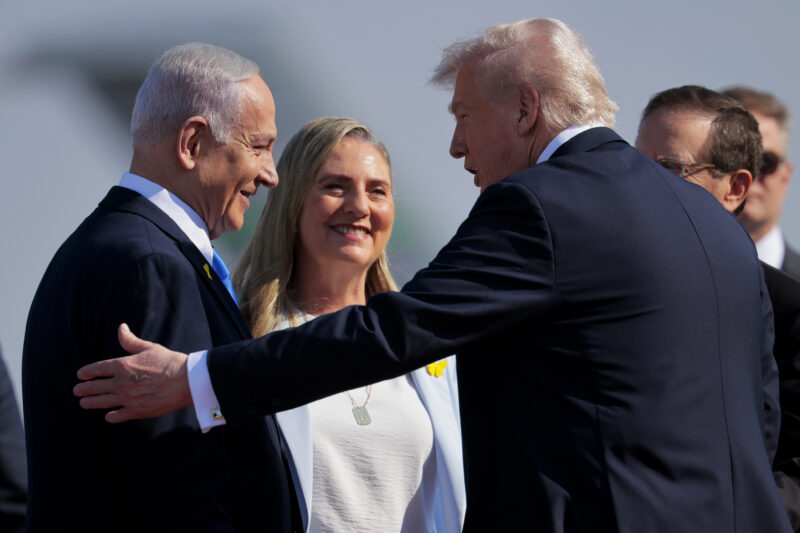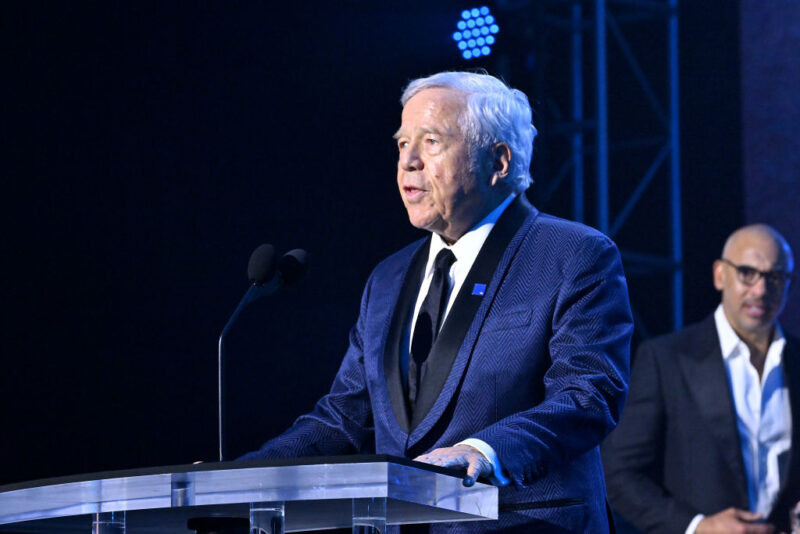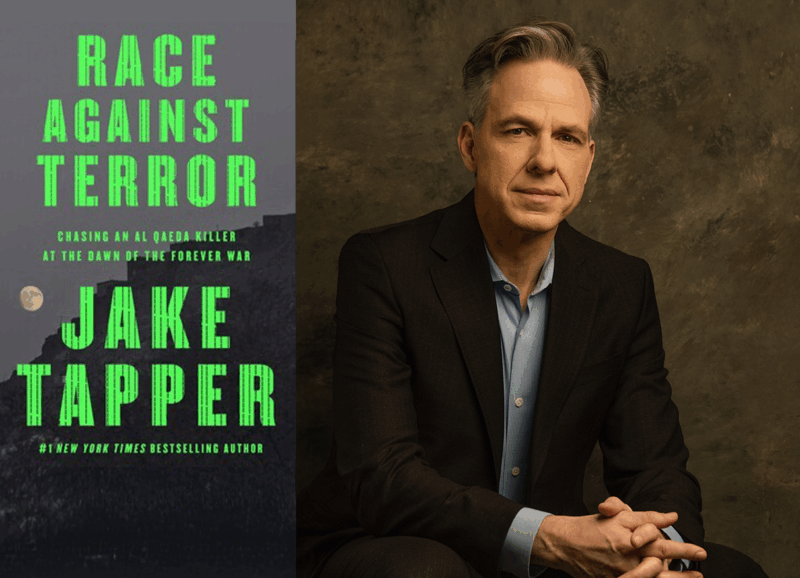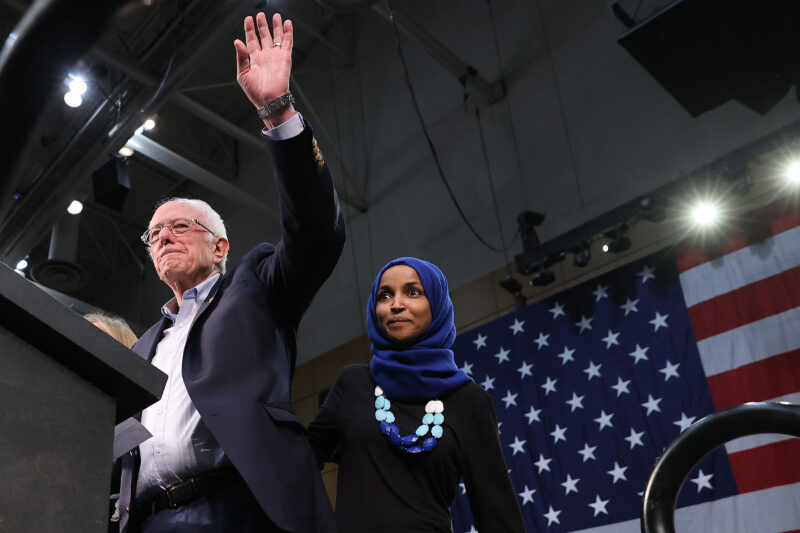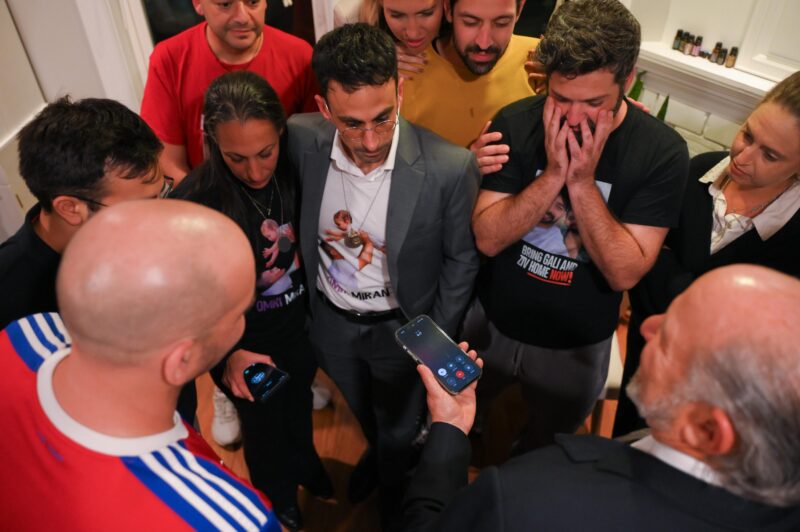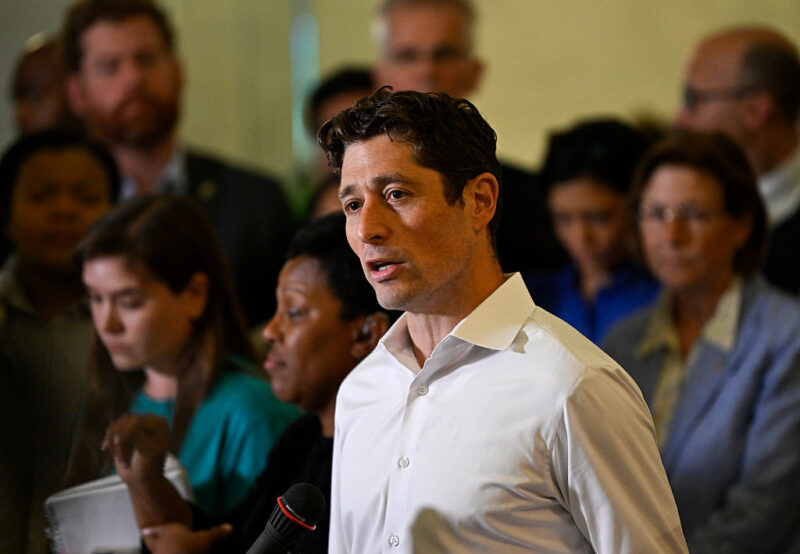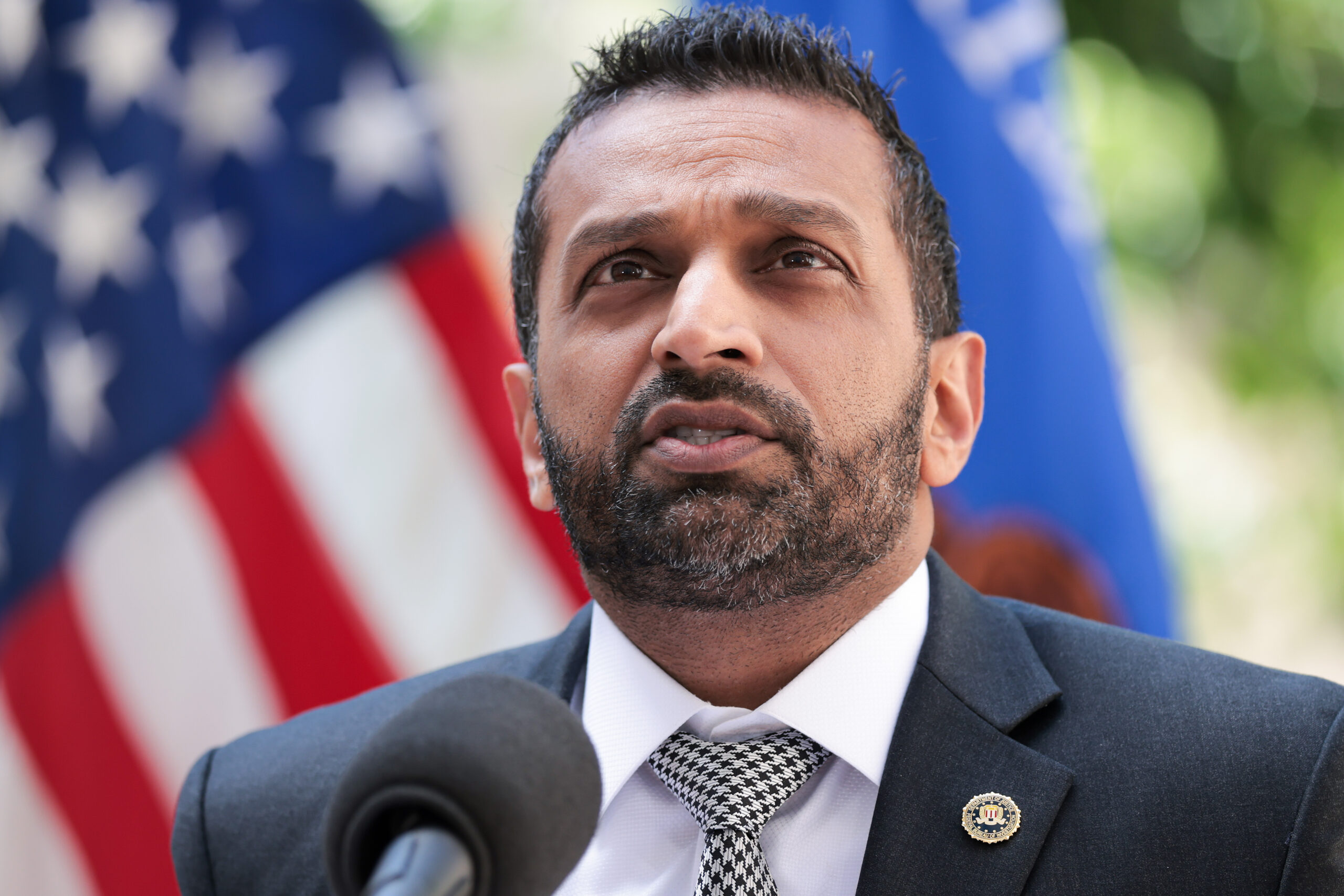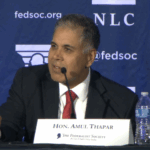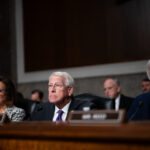Where the center is holding — and where it’s collapsing
There are a number of upcoming key elections that will test the power of the mainstream against extremist forces
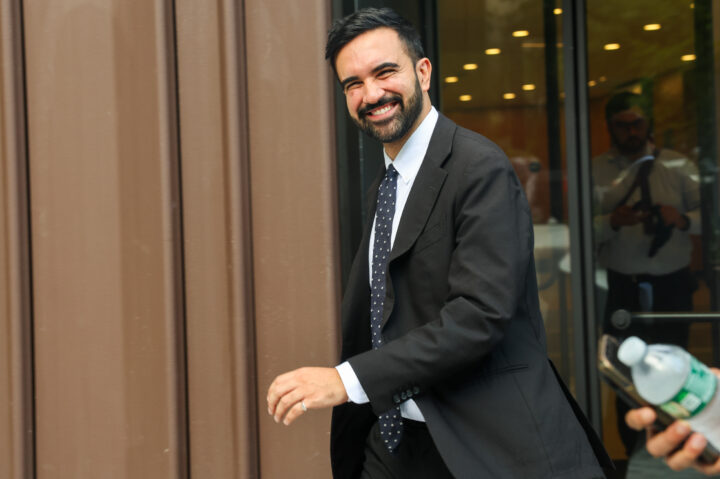
Spencer Platt/Getty Images
Democratic socialist candidate Zohran Mamdani, who won the Democratic primary for mayor of New York City, attends an endorsement event from the union DC 37 on July 15, 2025, in New York City.
Last Friday, we laid out how American Jewry is facing a fork in the road in the aftermath of the Gaza war and release of hostages, and that the coming months will be crucial in assessing whether Jews will experience a renewed period of normalcy or whether the rising tide of anti-Israel sentiment and antisemitism will continue unabated.
There are a number of upcoming key elections that will test the power of the mainstream against extremist forces. Here are the developments we’ll be watching most closely.
Will Zohran Mamdani win a majority of the New York City vote, and how will he govern if elected as mayor? Right now, without any surge in funding and organization among anti-Mamdani forces in Gotham, it’s looking very likely that the far-left candidate will prevail. But polls still show him consistently under 50%, without gaining any real momentum since winning the Democratic primary. And half of the six most recent public polls in the race (as tracked by RealClearPolitics) show the anti-Mamdani candidates collectively winning more of the vote than the front-runner. This race doesn’t at all look like a mandate for the far left.
If Mamdani wins, the next big question is whether he’ll govern more pragmatically than his past record would suggest. Will he try to arrest Israeli Prime Minister Benjamin Netanyahu if he visits New York City, as he has consistently said he would do on the campaign trail? Will he threaten the tax-exempt status of Jewish groups because they support Israel? Will he reappoint Jessica Tisch, the effective NYPD chief, as a signal of his willingness to moderate?
He’s been wooing business leaders and working to spin reporters that he’s not as ideological as his political career suggests, but that may be more wishful thinking than anything based on a careful scrutiny of his comments and record.
Will Reps. Thomas Massie (R-KY) or Marjorie Taylor Greene (R-GA) receive a serious primary challenge? Massie and Greene are the two members of the small but loud faction of the anti-Israel and increasingly antisemitic crowd among House Republicans. Not coincidentally, they also are the two Republicans that are most antagonistic towards President Donald Trump — from calling for a release of the government files on Jeffrey Epstein to, in Greene’s case, agreeing with some Democratic health care demands during the government shutdown.
Massie looks more politically vulnerable, with Trump and his allies actively recruiting a challenger to run against him and releasing internal polling showing he can be defeated. Former Navy SEAL Ed Gallrein, who ran unsuccessfully for a seat in the Kentucky Senate last year, looks like Trump’s favored candidate. But no one has yet announced a challenge, with the filing deadline less than three months away (Jan. 9).
Greene looks safer, but her increasing Trump criticism could change that dynamic. The filing deadline in Georgia isn’t until March 2026.
How credible a threat will Graham Platner pose to Gov. Janet Mills in Maine’s Democratic Senate primary? Under normal political circumstances, an established two-term governor would hold a commanding advantage over an oyster farmer without any elective experience in a race for the Senate. That’s especially true given that the challenger has a long paper trail of comments calling himself a communist and embracing a laundry list of radical views.
Yet Platner has parlayed his rough-and-tumble biography and anti-establishment authenticity into media buzz, and raised an impressive $4 million for the race since announcing his candidacy over the summer.
Mills, who is 77 and the favorite of Democratic Party leaders, starts out as the favorite to win the nomination. Platner has lately been facing scrutiny over his lengthy string of social media posts where he identified as a communist, called all police “bastards” and said rural Americans are racist and stupid, among other incendiary comments. He also downplayed concerns of sexual assault in the military in online forums.
Normally, those types of views and comments would be political career-enders. But in this anti-establishment, populist moment, it’s hard to be confident in assuming the traditional rules of politics apply. After all, Mamdani has weathered scrutiny of his own radical affiliations without suffering outsized political consequences.
In addition to holding down-the-line progressive views on the economy, Platner is also uniquely hostile to Israel, even to the point of releasing a digital attack ad against the pro-Israel advocacy group AIPAC. Shortly after launching his campaign for the Senate, Platner labeled Israel’s war against Hamas a genocide.
Mills, as governor, doesn’t have much of a foreign policy record but has spoken out against Israel boycott measures embraced by municipal leaders in Portland. But as the candidate representing more-mainstream Maine Democrats, it’s likely she will adopt a more-moderate posture when it comes to Middle East policy.
Will Virginia Attorney General Jason Miyares be rewarded for his work against antisemitism? For a while, it looked like there would be a sizable blue wave in this November’s Virginia statewide elections, with Trump unpopular in the state and the DOGE-fueled government layoffs juicing up Democratic engagement.
That leaves Miyares, the state’s Republican attorney general who has targeted terrorist funding from anti-Israel groups in the state and called on Virginia’s universities to aggressively confront antisemitism, in a precarious political position.
But a shocking scandal involving his Democratic opponent, former state legislator Jay Jones, has upended the race and given Miyares a good chance to win reelection. The revelation of text messages from Jones wishing violence against one of his GOP colleagues has drawn bipartisan outrage, and led some Democrats to distance themselves from him. Public polling has been sparse, but recent surveys have shown Miyares pulling ahead in the race after trailing throughout the year.
One nonpartisan Jewish leader in Virginia told Jewish Insider that Miyares was one of the most effective and engaged elected officials in countering antisemitism, and the race was emerging as a key bellwether of whether Jewish voters would reward GOP officials for their allyship.
One example of Miyares’ bipartisanship: the Virginia attorney general played a key role in working to remove the anti-Israel protest encampment outside former Secretary of State Tony Blinken’s Northern Virginia home after progressive local government officials declined to do so.
Can Rep. Haley Stevens (D-MI) prove anti-Israel activists on social media are more bark than bite? The other big Democratic Senate showdown is taking place in Michigan, the state with a sizable Jewish constituency but also the largest share of Arab voters in the country.
Stevens starts out as the front-runner, thanks to her record of winning tough elections, successful fundraising and backing from many national Democratic leaders. She has also been a stalwart supporter of Israel, easily toppling an anti-Israel Democratic challenger in a closely watched 2022 Democratic primary against another sitting member of Congress. She’s a favorite of the politically engaged Jewish Democratic community, many of whom have championed her candidacy.
But with the political winds on Israel in the Democratic Party shifting, Stevens will be facing her fiercest test against two challengers running campaigns that are decidedly more hostile towards Israel. Abdul el-Sayed, an acolyte of Sen. Bernie Sanders (I-VT), has long been an opponent of the Jewish state, and is likely to win over many Arab-American voters with anti-Israel views.
State Sen. Mallory McMorrow began her campaign sounding more in the pro-Israel camp, but has grown steadily more hostile as Democratic voters have turned more critical of the Jewish state. This month, she said she considered Israel’s war in Gaza to be a genocide.
Stevens is still widely viewed as a favorite, and led the pack in fundraising in the just-completed third fundraising quarter. She also benefits from the possibility that McMorrow and el-Sayed split the progressive, anti-Israel vote, leaving more-mainstream Democratic voters in her camp.
But if anti-Israel sentiment becomes a litmus test for more Democratic primary voters, Stevens could face headwinds down the road. This primary, taking place next August, is as clear a test as there is of the size and depth of hostility towards Israel in the Democratic Party.
Will socialist, anti-Israel candidates prevail outside of New York City? While Mamdani’s Democratic Socialists of America-aligned mayoral campaign has gotten outsized attention, socialist candidates in the mold of Mamdani are running for mayor of other big cities across the country.
In Minneapolis, the city’s liberal Minneapolis mayor, Jacob Frey (who is Jewish), is facing a DSA-backed challenge from Omar Fateh. Fateh, a state senator, is a BDS supporter and hired senior staffers who defended the Oct. 7 terror attacks, and have called for the dismantlement of Israel. This race is expected to be close, according to in-state analysts.
The other notable contest is in Seattle, where Mayor Bruce Harrell finished in second place in an August primary to a self-declared socialist challenger, Katie Wilson. The two candidates are facing off in the general election, where Harrell is now seen as an underdog. Wilson has spoken out less about Israel and the war in Gaza than many of her socialist counterparts, but many Jewish leaders in Seattle are concerned about her overall record.





